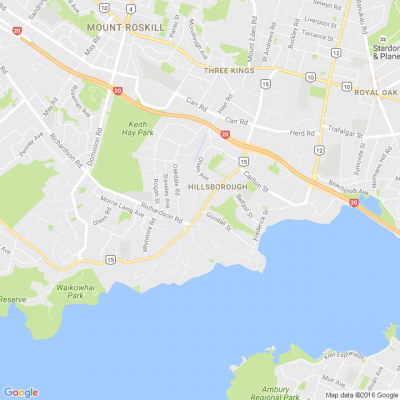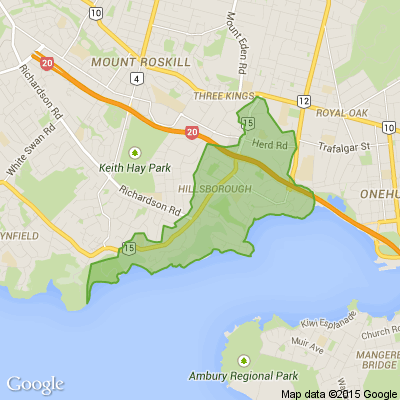Food prices rose 12.5 per cent in the year to April 30, that’s the highest rate since September 1987.
Yesterday’s food price statistics were a stark reminder that Kiwis are still feeling the pain from the rising cost of living.
Despite the fact that higher interest rates are starting to bite and the economy is starting to slow, we cannot yet relax in the fight to beat inflation.
Anyone who remembers the year to September 1987 will recall the country was in a pre-sharemarket crash, inflationary investment bubble. Mortgage rates were up at eye-watering heights, close to 20 per cent.
Most economists expect the Reserve Bank will need to deliver at least one more Official Cash Rate hike on May 24, taking it to 5.5 per cent.
That will see two-year fixed rates above 7 per cent.
Clearly, we are not seeing a repeat of those 1980s excesses.
With the size of the average mortgage so much larger now (nominally and relative to income) the pain will be real.
There’s no getting around the need to rebalance the economy and pay the price for the Covid stimulus-fueled boom - albeit a boom that successfully protected us from a far more serious economic slump than the one we now face.
But there is hope that we are nearing the end of this painful part of the economic cycle.
On Thursday, markets around the world cheered the news that US consumer price inflation had cooled again - the 10th consecutive month of deceleration.
The US Consumer Price Index climbed 4.9 per cent in April from a year earlier, less than the 5 per cent that Bloomberg’s survey of economists had expected.
Stripping out volatile prices like food and oil, the core measure (that central banks tend to focus on) was an improved 5.5 per cent.
Globally, commodity prices have plunged in the past year. We are now seeing the price effects of the pandemic play through in something like the transitory manner that most economists expected.
But the flow-on through to domestic economies - as local businesses pass on costs and wages rise - is taking longer to unwind.
There was a risk that domestic inflation would spiral and become embedded. And that required central bank action.
In New Zealand, the flooding and weather events have compounded food price inflation, but there will always arise short-term issues to deal with.
Despite that the April food price index rise was not actually a shock to economists - it was in line with expectations.
It won’t have shaken the view that topline inflation has peaked.
As that food price spike plays through the numbers, we’ll be left with wages and employment as the last piece of the puzzle to fall into place.
Once we can be sure that we see the rate of inflation is on the decline, there will be scope for the self-inflicted pain of monetary tightening to be eased.
In other words, the Reserve Bank will have regained some control of the economy - until the next big global shock at least.
====================================================
www.nzherald.co.nz...
====================================================

Have you got New Zealand's best shed? Show us and win!
Once again, Resene and NZ Gardener are on the hunt for New Zealand’s best shed! Send in the photos and the stories behind your man caves, she sheds, clever upcycled spaces, potty potting sheds and colourful chicken coops. The Resene Shed of the Year 2026 winner receives $1000 Resene ColorShop voucher, a $908 large Vegepod Starter Pack and a one-year subscription to NZ Gardener. To enter, tell us in writing (no more than 500 words) why your garden shed is New Zealand’s best, and send up to five high-quality photos by email to mailbox@nzgardener.co.nz. Entries close February 23, 2026.

Poll: 🤖 What skills do you think give a CV the ultimate edge in a robot-filled workplace?
The Reserve Bank has shared some pretty blunt advice: there’s no such thing as a “safe” job anymore 🛟😑
Robots are stepping into repetitive roles in factories, plants and warehouses. AI is taking care of the admin tasks that once filled many mid-level office jobs.
We want to know: As the world evolves, what skills do you think give a CV the ultimate edge in a robot-filled workplace?
Want to read more? The Press has you covered!

-
52% Human-centred experience and communication
-
15.3% Critical thinking
-
29.8% Resilience and adaptability
-
2.9% Other - I will share below!
Learn
Hi everyone,
I am looking for a native English teacher for personal tutoring. If you know someone who offers private lessons, please let me know.
Please drop their contact details or email below. Thank you! ranpatige4@gmail.com







 Loading…
Loading…